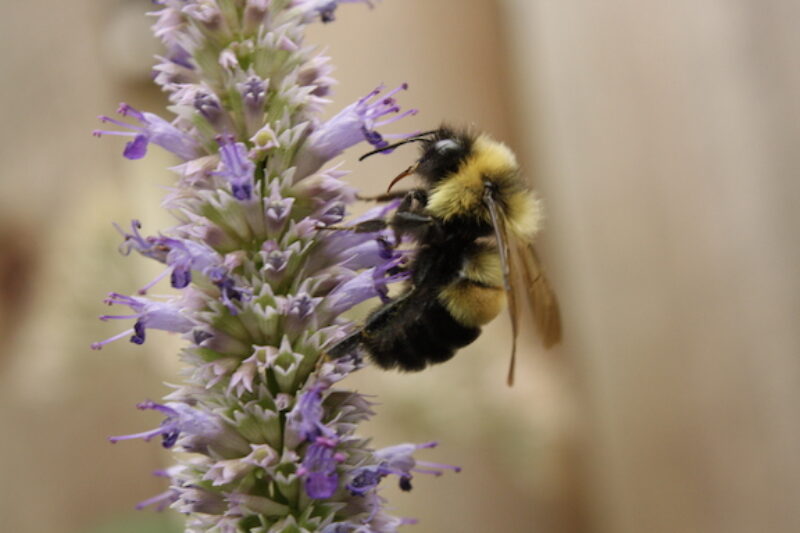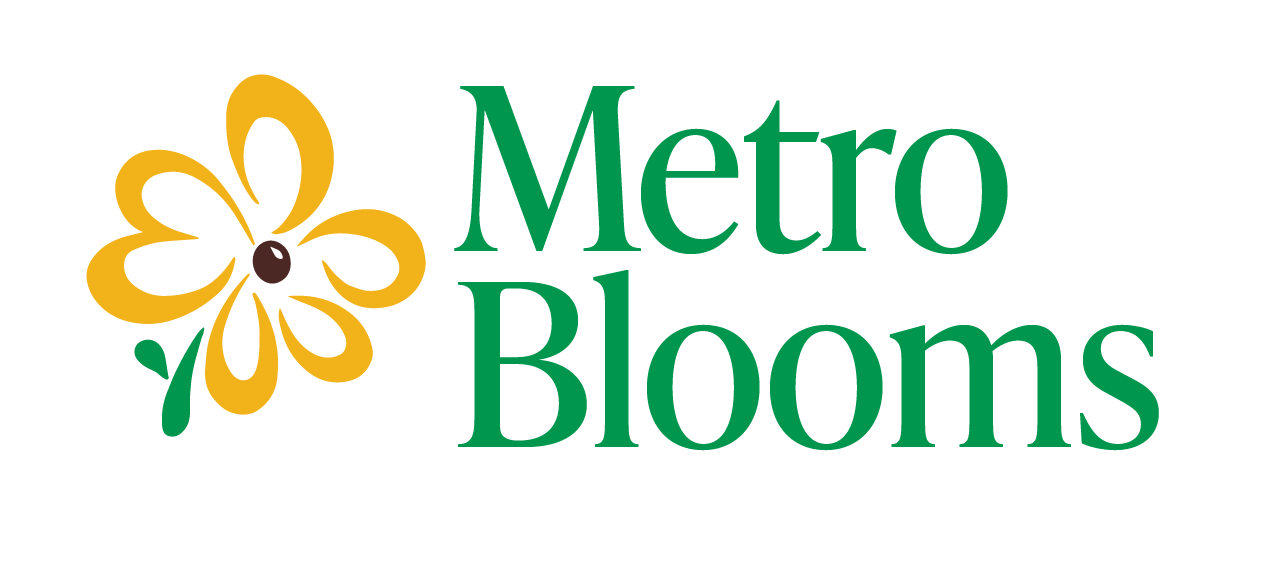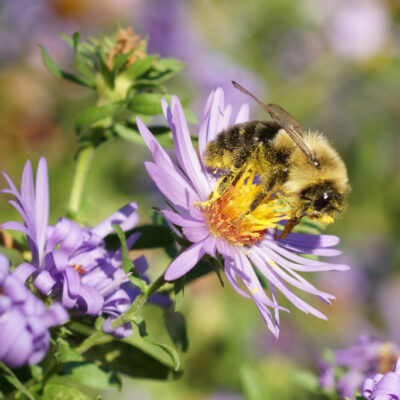
Pollinators play an essential role in Minnesota’s ecosystems. They help plants reproduce; healthy plant populations provide food and habitat to other wildlife and help to clean air and water. Pollinators sustain a healthy, diverse, functioning ecosystem.
Without biodiversity, our ecosystem would fail. This is happening today. Increased human activity, pollutants, homogenization of landscapes, and other factors — many of them inextricably linked with climate change — are threatening our pollinators and biodiversity. This in turn leads to impacts that include pollution, heat islands, more severe weather, and a toll on human health.
Metro Blooms cares about pollinators because they play an essential role in a healthy, resilient ecosystem that has clean water and clean air to support all the lives that depend on it. They also bring us joy and appreciation for nature. “Orange” you glad when you see a beautiful monarch fluttering by? Pollinator conservation connects all people and can start ripple effects for impacting the larger issue of climate change.
So what can Minnesotans do? Awareness is growing. The rusty patched bumble bee, once widespread, is now an endangered species. The rusty patched was designated the Minnesota state bee in 2019 to let people know about the importance of pollinators and conserving their habitats. The state has provided many resources and grant funding through the Lawns to Legumes program to help individuals and communities create habitats to protect pollinators. Below are a few tips and resources to start taking action and learn more.

